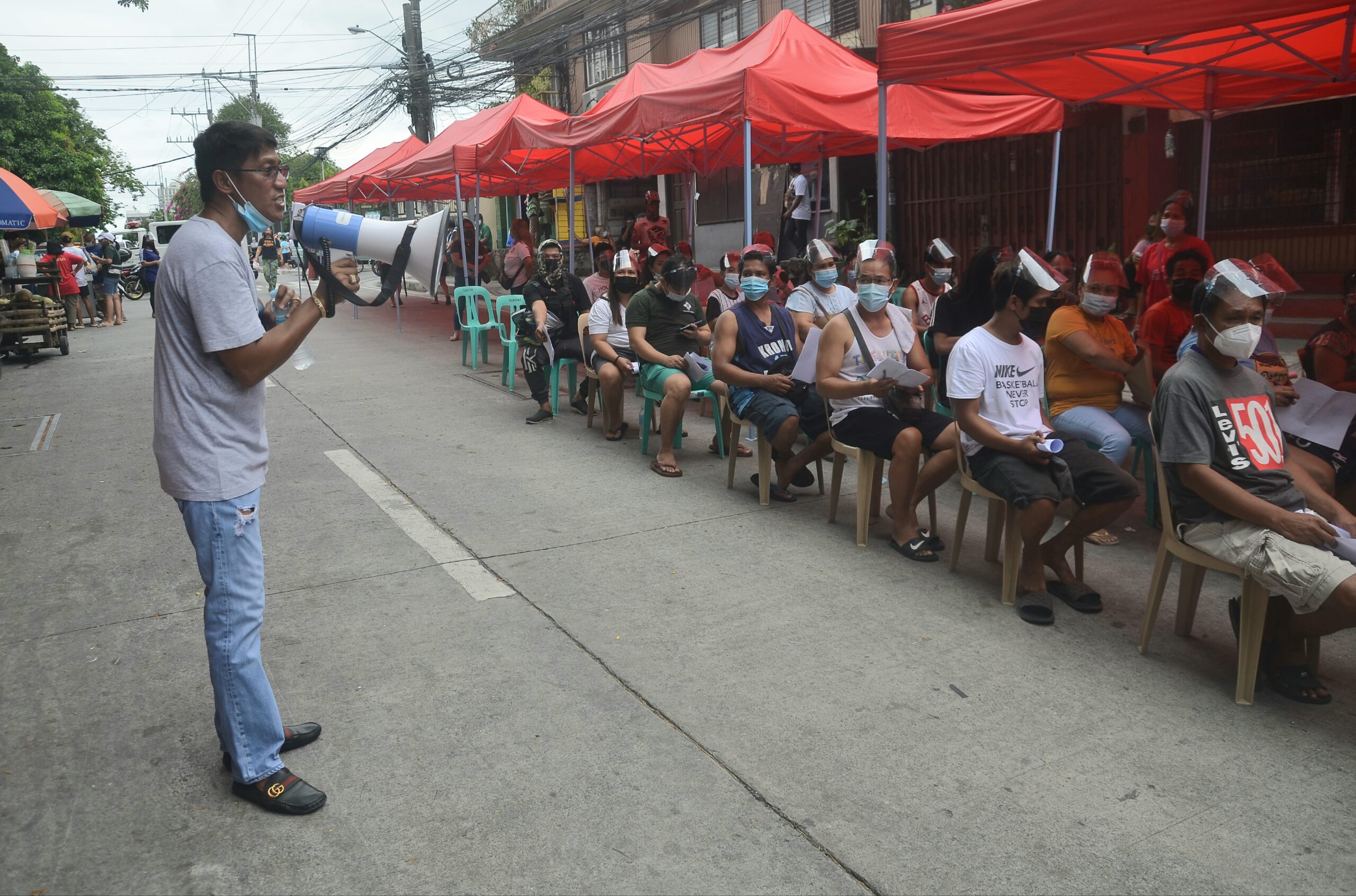
PHILIPPINE Secretary Delfin Lorenzana and his U.S. counterpart Lloyd Austin III over the weekend discussed the situation in the West Philippine Sea.
During a telephone conference on Sunday, April 11, the two officials discussed recent developments in regional security, adding that they were looking forward to this year’s joint military exercises after it was cancelled last year due to the COVID-19 pandemic.
“The two defense chiefs discussed the situation in the West Philippine Sea and recent developments in regional security. Both are looking forward to the conduct of Exercise Balikatan, which was cancelled last year,” said Lorenzana’s department in a statement.
The annual Balikatan (shoulder-to-shoulder) exercises aim to further strengthen the partnership between the Philippines and the U.S. under the Visiting Forces Agreement (VFA).
On Monday, April 12, the joint military drills began with a total of 1,700 troops participating in the exercises.
Of the number, 700 military personnel were from the U.S., while the rest were from the Philippines.
During the call, Austin also reiterated the importance of the VFA between the two countries.
“Sec Austin reiterated the importance of the VFA and hopes that it would be continued. Secretary Lorenzana committed to discuss the matter with the President as the final approval lies with him,” the country’s defense department said.
The VFA, which came into force in 1999, covers the conduct of U.S. soldiers in the Philippines. Among the provisions of the deal include relaxed visa and passport policies for U.S. troops, and the rights of the U.S. government to retain its jurisdiction over its military personnel when they commit crimes in the Philippines.
In February 2020, the Philippines sent the U.S. a notice terminating the VFA reportedly after the U.S. canceled Senator Ronald “Bato” Dela Rosa’s visa.
The termination was later suspended in June “in light of political and other developments in the region,” and the suspension was extended in November for another six months to enable the Philippines and the U.S. to find a more enhanced, mutually beneficial, mutually agreeable, and more effective and lasting arrangement on how to move forward in their mutual defense.
In December, the president threatened to continue with the VFA’s termination if the U.S. did not extend at least 20 million vaccines to the Philippines.
Lorenzana, during the call, also sought the assistance of Austin to expedite the delivery of the Moderna vaccines that the Philippines has ordered.
In response, Austin said that “he would look into the issue and bring it to the attention of the office concerned.”





